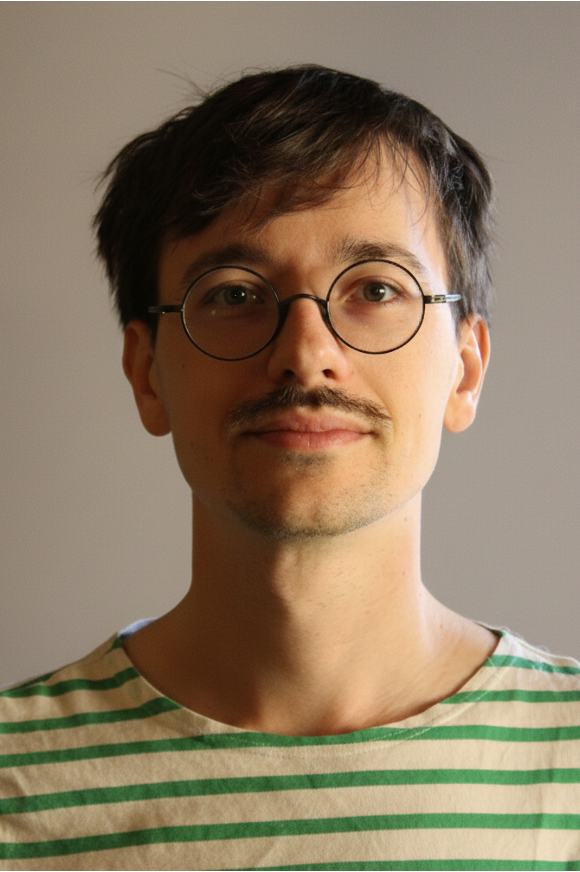Hello!

Corentin Kervadec’s Homepage
👋 Welcome to my homepage
I am a postdoc researcher in the Department of Linguistics at Pompeu Fabra University, within the COLT lab.
I study artificial intelligence, and in particular Large Language Models (LLMs).
2022-Now Postdoctoral member of the ALiEN research program lead by Prof. Marco Baroni in the COLT group at UPF (Barcelona, Spain). I conduct research on LLM Interpretability.
2021-2022 NLP Research Scientist, Orange Labs.
2018-2021 PhD, Orange Labs and INSA Lyon (France). Thesis: “Bias and Reasoning in Visual Question Answering.” Under the direction of Christian Wolf and co-supervised by Grigory Antipov and Moez Baccouche.
2015-2018 M.Eng in Electronics & Computer Engineering, INSA Engineering School (Rennes, France).